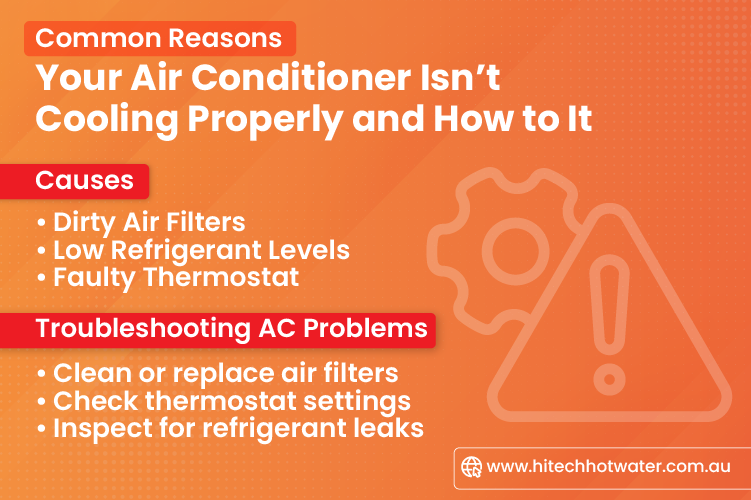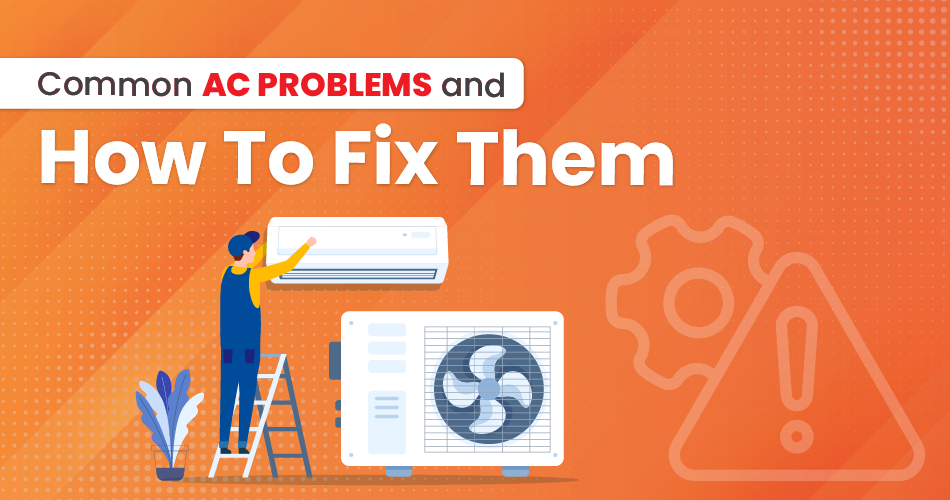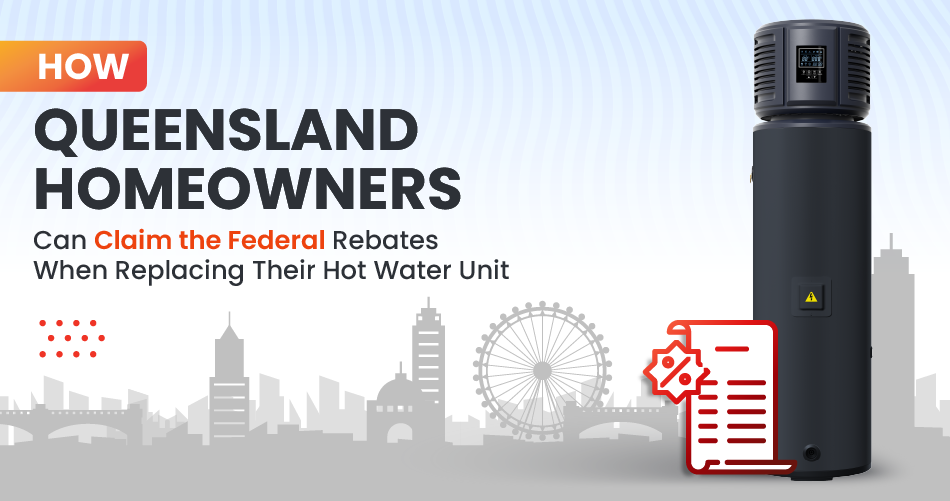Air conditioners are essential for keeping homes cool, but like any appliance, they can encounter issues over time. From aircon problems not cooling to aircon sound problems, understanding common faults and troubleshooting AC problems can help you maintain efficiency and extend the system's lifespan.
1. AC Not Cooling Properly
One of the most frequent aircon problems homeowners face is insufficient cooling. This aircon problem not cooling can arise due to several reasons:

Causes:
- Dirty Air Filters – Clogged filters restrict airflow, reducing cooling efficiency.
- Low Refrigerant Levels – If refrigerant is leaking, your AC won’t cool effectively.
- Faulty Thermostat – Incorrect thermostat settings can prevent the system from cooling properly.
Troubleshooting AC Problems:
- Clean or replace air filters every few months to ensure proper airflow.
- Check thermostat settings and set it to cooling mode.
- Inspect for refrigerant leaks and call a technician for professional repairs.
2. AC Fan Issues – Fan Not Working
The AC fan plays a crucial role in circulating air. If it's not working, cooling efficiency drops.
Causes:
- Faulty Motor – A worn-out motor can cause the fan to stop spinning.
- Damaged Capacitor – A failing capacitor prevents the fan from receiving power.
- Blocked Fan Blades – Dust and debris buildup can hinder fan movement.
Troubleshooting AC Problems:
- Check the fan blades for obstructions and clean them.
- Test the capacitor and replace it if needed.
- If the motor is faulty, consult an HVAC technician for repairs.
3. Aircon Compressor Issues
The compressor is the heart of the AC unit. When it fails, cooling efficiency is greatly impacted.

Causes:
- Overheating – Blocked coils or a dirty condenser can cause the compressor to overheat.
- Electrical Issues – A malfunctioning relay or capacitor can lead to compressor failure.
- Refrigerant Problems – Low refrigerant levels can force the compressor to work harder.
Troubleshooting AC Issues:
- Keep the condenser coils clean to prevent overheating.
- Inspect electrical components and replace damaged relays or capacitors.
- Check for refrigerant leaks and call a professional if needed.
4. Aircon Sound Issue – Noisy Operation
Unusual noises from an AC unit often indicate mechanical problems or airflow restrictions.
Causes:
- Rattling or Banging Sounds – Loose components or a damaged fan blade.
- Hissing or Bubbling Noises – A refrigerant leak.
- Humming or Buzzing – Electrical issues or a faulty capacitor.
Troubleshooting AC Issues:
- Tighten loose screws and panels to reduce rattling sounds.
- Check for refrigerant leaks if you hear hissing noises.
- Inspect electrical connections and replace faulty capacitors.
5. AC Not Turning On
If your air conditioner won’t start, it could be an electrical or mechanical issue.
Causes:
- Tripped Circuit Breaker – Power surges can trip the breaker.
- Thermostat Malfunction – Incorrect settings or a dead battery can prevent startup.
- Blown Fuse – A faulty fuse can stop power from reaching the AC unit.
Troubleshooting AC Issues:
- Check the circuit breaker and reset it if necessary.
- Replace thermostat batteries and ensure correct settings.
- Inspect fuses and replace them if blown.
6. AC Leaking Water
Water leakage can indicate clogged drain lines or frozen coils.
Causes:
- Clogged Drain Line – Dirt buildup can block the condensate drain.
- Frozen Evaporator Coil – Low refrigerant levels can cause ice to form.
- Improper Installation – An uneven AC unit can cause water leakage.
Troubleshooting AC Problems:
- Unclog the drain line using a wet/dry vacuum.
- Check for refrigerant leaks if the coil is frozen.
- Ensure the AC unit is level for proper drainage.
Preventative Maintenance for Long-Term AC Performance
Regular maintenance is the key to preventing common aircon problems and ensuring your system runs efficiently for years. Homeowners should schedule annual professional check-ups to inspect refrigerant levels, clean evaporator and condenser coils, and test electrical components.
Furthermore, simple tasks like vacuuming air vents, keeping outdoor units free of debris, and monitoring thermostat performance can help avoid costly repairs. Investing in routine maintenance not only extends the lifespan of your AC but also enhances energy efficiency, reducing your electricity bills over time.

Final Thoughts
Keeping your AC in top condition requires regular maintenance and prompt troubleshooting. By addressing aircon problems early, you can ensure long-term efficiency and comfort. If you experience persistent AC fan problems or aircon compressor problems, professional servicing is the best solution. Contact us for professional guidance, premium products, and exceptional after-sales support!
Frequently Asked Questions (FAQs)
It could be due to dirty filters, low refrigerant, or a malfunctioning thermostat. Clean the filters and check refrigerant levels.
For optimal performance, clean or replace filters every 1-3 months, depending on usage.
Unusual noises could be due to loose parts, a failing fan motor, or a refrigerant leak. A professional inspection is recommended.
Regularly clean the drain line, check refrigerant levels, and ensure the unit is level.
Check the capacitor and relay switch. If they are faulty, call a technician for repairs.
Mold or bacteria buildup in filters or drain pans can cause unpleasant odors. Regular cleaning helps prevent this.






